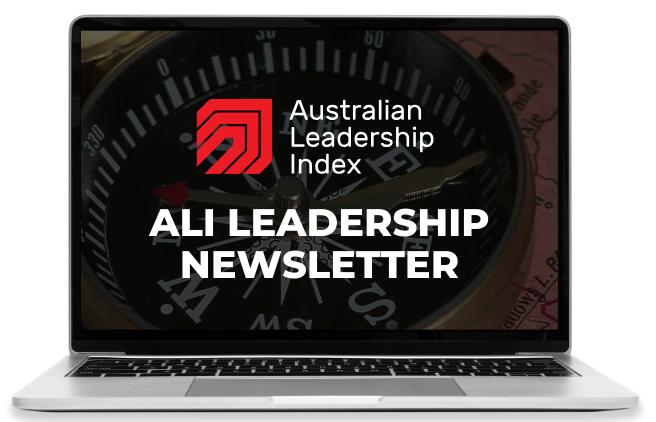Written by Dr Melissa A. Wheeler, Senior Lecturer, SoBLE
Before many of us moved to working from home more regularly, organisational behaviour literature and popular business-related op-eds centred around achieving work-life balance. The new buzz word is work-life blend or work-life integration. Working remotely, usually from where we live, makes it difficult to shut off after work or to segment our work into the once traditional work day. If I have five minutes before the next Zoom meeting, I’ll throw on a load of washing or do a little dinner prep. And when I become bored with my streamed series in the evenings, I have a tendency to scroll through work emails on the couch. The flexibility that remote work affords is invaluable, but the blending sometimes feels like work is constant and omnipresent. Employees are likely to feel more vulnerable in this always-on culture, one of constant change and adaptation.
A culture of psychological safety is needed now more than ever for employees to avoid burnout and to feel a sense of fulfilment and enjoyment from work – whether they are aiming for a good balance or blend. In such a culture, employees feel free to speak their minds, to ask questions, to make mistakes, and to learn and grow from those mistakes. Innovation thrives when people feel safe to question, experiment, and learn.
What can leaders and organisations do to build psychological safety?
Build trust through consistency
One of the contributors to a loss in trust and increased cynicism is what’s known as ‘shifting goalposts’. As we struggle to meet demands (both at work and home), it is vital for employees to understand what those demands involve, to develop goals for delivering and meeting expectations, and to feel the sense of relief, fulfillment, and pride when that task is completed and submitted. Shifting goalposts occur when expectations and agreed upon goals are changed and increased to include more work or different expectations than agreed upon and are often seen just as the goal was about to be reached or delivered. This inconsistency is perceived as an injustice and makes one’s efforts feel futile and not valued.
When organisations and industries are experiencing periods of intense change and continuous transformations, employees can begin to feel the pressure of more and more uncertainty. This pressure, exacerbated by poor organisational policies (such as shifting goalposts), can lead to high amounts of cynicism and gradual withdrawal from work tasks and work itself.
Encourage growth mindsets
Do you see failure as something to be ashamed of, something you might try to hide or as an opportunity to learn and try something else? The difference between a fixed and a growth mindset is how we give up or move on when faced with failure.
When individuals, teams, and a whole organisations practice and reward growth and learning, new ideas are sparked and people enjoy engaging with their work and colleagues. Focusing on the potential for change and growth, built on the belief that any attitude or behaviour can be changed and improved, instead of staying fixed on what is or always has been – allows people to flourish, to try new things, and to be invigorated, not burntout, by challenge.
Talk openly about the blend or balance you are striving toward
If you are embracing the blend, discuss this openly with your team. A psychological safe workplace is facilitated when employees, for example, understand that emails that pop into their inboxes at 2am do not need to be answered immediately. People will embrace flexibility in different ways, which is what flexibility was designed to do, so it’s important that expectations are clearly communicated and understood.
For more insights about responsible leadership and leadership for the greater good, check out Swinburne’s Australian Leadership Index, founded by Dr Melissa Wheeler along with A/Prof Sam Wilson and Dr Vlad Demsar.



